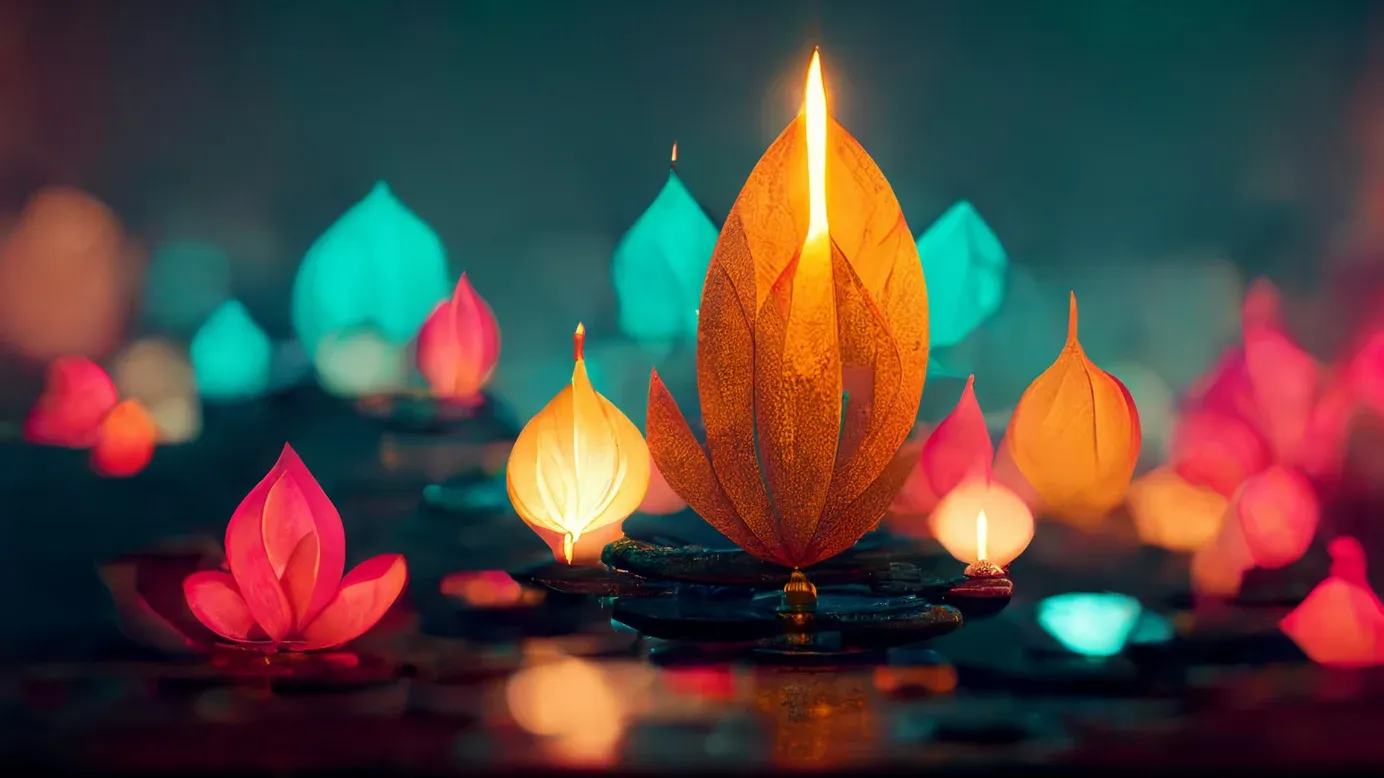On this page
Diwali plants - Give a green twist to the festival of lights.
As we approach the festival of lights in 2024, it's time to usher in the spirit of Diwali with a delightful twist – by celebrating with plants! Diwali, the festival of lights, is not just about illuminating our homes with lamps and candles; it's also an opportunity to illuminate our lives with the beauty and benefits of nature.
In a world where sustainability and eco-friendliness are becoming increasingly important, incorporating plants into your Diwali celebrations is a thoughtful and vibrant choice.
This Diwali, let's explore the world of "Diwali Plants" – a green and eco-friendly way to infuse life, positivity, and prosperity into your festive season.
From air-purifying wonders to symbolic plants with deep-rooted cultural significance, we've curated a list of 20 Diwali plants that will not only brighten up your home but also contribute to a more sustainable and harmonious celebration.
So, get ready to embrace the true essence of Diwali by welcoming these beautiful and meaningful plants into your home. Let's light up our lives and our environment with the radiance of "Diwali Plants" in 2024!
Significance of plants in Diwali celebration
Diwali plants that can make your celebration both vibrant and eco-friendly. Here is why they’re important.
1. Decorations: Many people use plants and flowers to decorate their homes during Diwali. They create beautiful rangoli designs using flower petals, leaves, and colored powders. Plants like marigolds and roses are commonly used for this purpose, adding a festive and vibrant touch to the celebrations.
2. Traditional medicinal uses: Some plants used in Diwali decorations or rituals have traditional medicinal uses. For example, marigolds are known for their healing properties in Ayurvedic medicine.
3. Pooja (Prayer) offerings: In Diwali rituals, plants and flowers are often offered to deities during prayers and ceremonies. Tulsi (holy basil) and lotus flowers are particularly significant in Hindu traditions and are used as offerings in temples and homes.
4. Green Diwali: Some people have started promoting a "Green Diwali" by reducing pollution and environmental impact. This can involve planting trees, distributing saplings, and emphasizing the importance of preserving nature during the celebrations.
5. Air purification: Certain plants, like the money plant and snake plant, are known for their air-purifying properties. They can help improve the air quality in homes, which can be especially beneficial during Diwali when there's often an increase in air pollution due to fireworks.

10 Must-have Diwali plants for an eco-friendly celebration
10 Diwali plants to enhance your Diwali celebrations.
1. Marigolds (Tagetes spp.)
Marigolds are a popular choice for Diwali decorations due to their bright orange and yellow flowers.
They are often used to make garlands, torans (door hangings), and rangolis (decorative patterns on the ground). Marigolds are considered auspicious and are associated with purity and wealth.
2. Jasmine (Jasminum spp.)
Jasmine plants are known for their fragrant white flowers, which release a sweet scent especially in the evenings.
In Hindu culture, jasmine is associated with purity and positivity. You can place potted jasmine plants in your home or use strings of jasmine flowers for decoration.
3. Tulsi (Ocimum sanctum)
Tulsi, or holy basil, is considered one of the most sacred plants in Hinduism. It is often grown in households and temples.
During Diwali, people decorate Tulsi plants with colorful flowers and lights to create a sacred and festive ambiance. Tulsi is believed to bring blessings and good fortune.

4. Aloe vera (Aloe barbadensis miller)
Aloe vera is not only known for its skin-soothing properties but also for its distinctive appearance. Its fleshy leaves add a unique touch to Diwali decor. Aloe vera is an air-purifying plant, making it a practical and aesthetically pleasing choice for your home.

5. Money plant (Epipremnum aureum)
The money plant is often associated with prosperity and wealth in Feng Shui and Vastu traditions. Its heart-shaped leaves and ability to thrive indoors make it a popular choice for Diwali decorations. Placing money plants in decorative pots or hanging them in your home can symbolize financial growth.

6. Lavender (Lavandula spp.)
Lavender is known for its soothing fragrance and lovely purple blooms. While not traditionally associated with Diwali, its calming presence can enhance the overall atmosphere during the festival. You can use lavender in flower arrangements or as dried flowers in potpourri.
7. Rangoon creeper (Quisqualis indica)
Rangoon Creeper is a vine plant with stunning red and pink flowers that gradually change color as they age. It is associated with love and beauty. Growing Rangoon Creeper near your home or using its flowers in decorations can add a touch of romance to your Diwali celebrations.
8. Peace lily (Spathiphyllum spp.)
Peace lilies are known for their elegant white blooms and air-purifying qualities. Including peace lilies in your Diwali decor can bring a sense of tranquility and purification to your home, aligning with the festival's theme of light dispelling darkness.

9. Bamboo (Bambusoideae spp.)
Bamboo symbolizes resilience, strength, and growth. In some cultures, it's considered lucky. Bamboo stalks arranged in decorative pots or vases can be a meaningful addition to your Diwali decorations, representing the hope for a prosperous future.
10. Orchids (Orchidaceae spp.)
Orchids are exotic and elegant flowers that can add a touch of luxury to your Diwali decor. Their vibrant colors and unique shapes make them stand out. Orchids symbolize love, beauty, and refinement, making them a delightful addition to your festive arrangements.
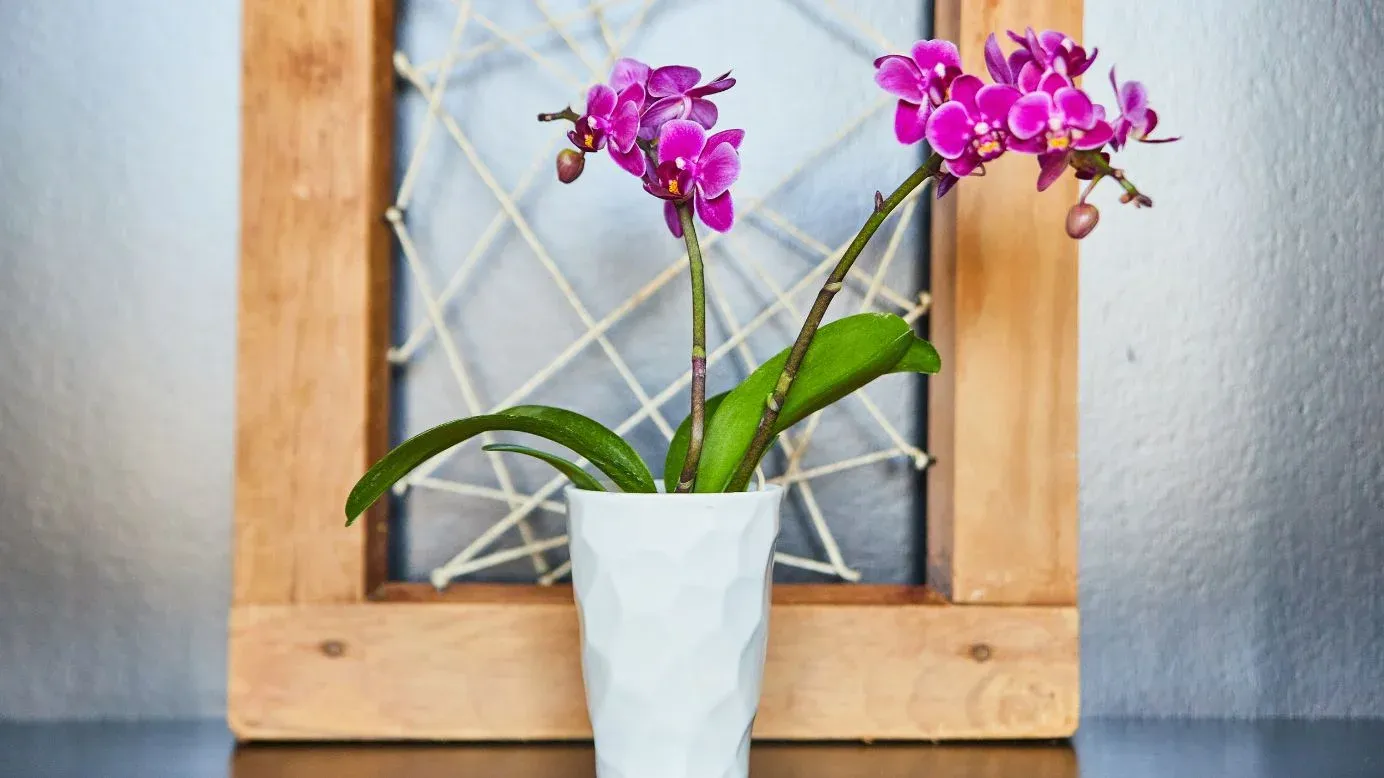
10 Plants for Diwali gifts
Here are 10 Diwali gifts:
11. Chrysanthemums (Chrysanthemum spp.)
Chrysanthemums, with their wide range of colors and intricate petals, are often used for creating beautiful flower arrangements and garlands during Diwali. They symbolize joy and positivity, making them a wonderful addition to your celebrations.
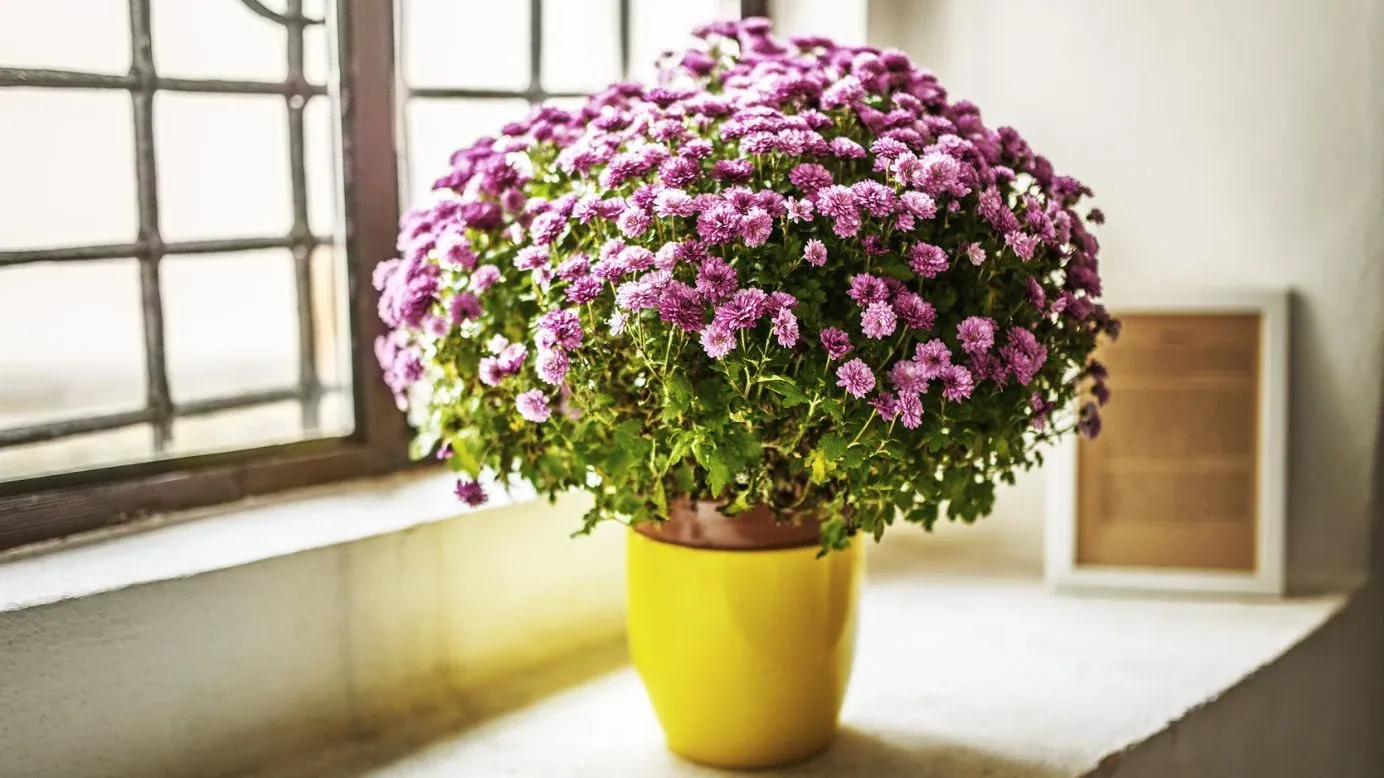
12. Neem (Azadirachta indica)
Neem leaves hold immense significance during Diwali. They are believed to purify the surroundings and keep negative energies at bay. Placing neem leaves at the entrance of your home or using them in rangoli patterns can help create a spiritually pure environment.
13. Lemon (Citrus limon)
Lemon trees are associated with prosperity and good luck. You can decorate potted lemon trees with tiny LED lights to create a dazzling display. The vibrant green leaves and bright yellow fruits bring a refreshing and auspicious vibe to your Diwali decor.
14. Rose (Rosa spp.)
Roses are not only symbols of love but also bring elegance to your Diwali decorations. You can incorporate rose petals into rangoli designs, use them for floral arrangements, or even float them in bowls of water with candles for a romantic ambiance.
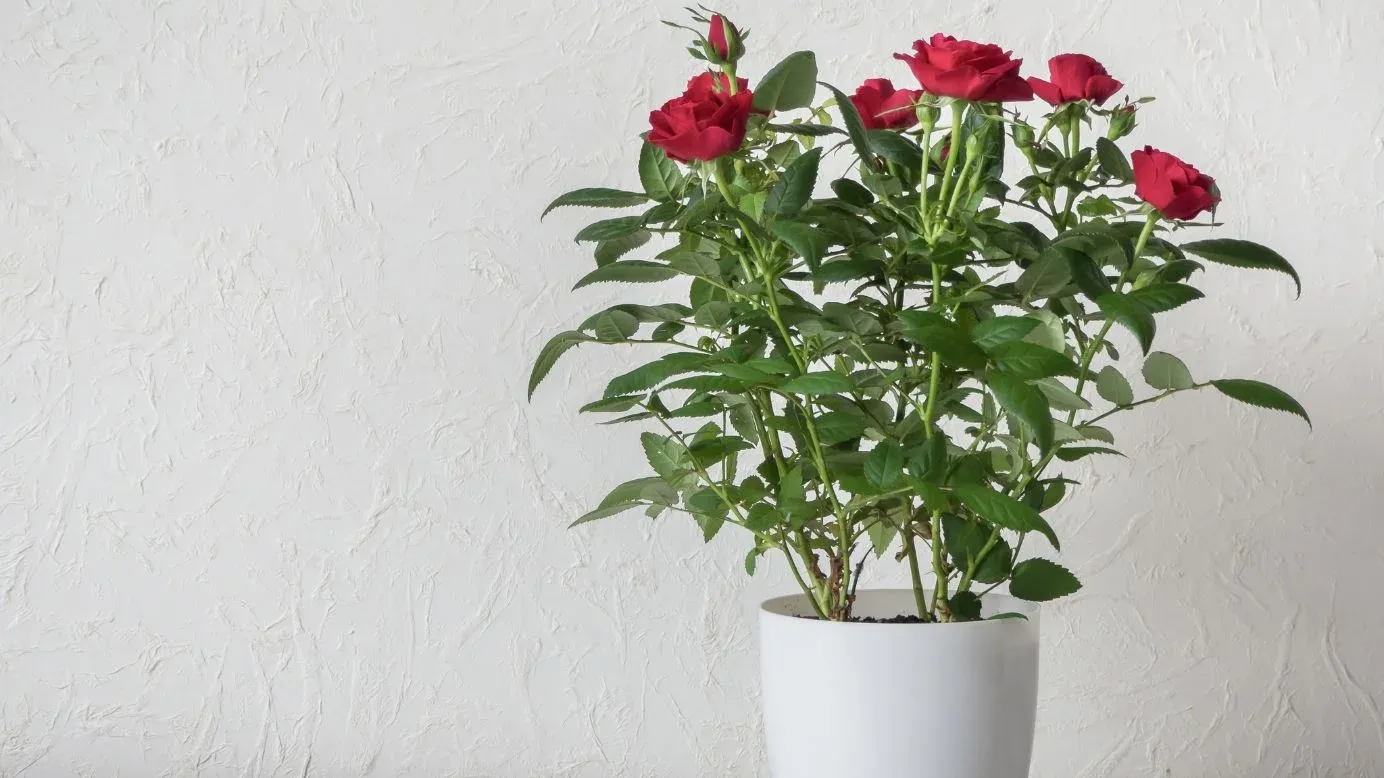
15. Geranium (Pelargonium spp.)
Geraniums are known for their colorful and fragrant blooms. They can be grown in pots and placed around your home to add a burst of color and a pleasant aroma. Geraniums symbolize happiness and positive energy.
16. Lucky Bamboo (Dracaena sanderiana)
Lucky Bamboo is a popular choice for Diwali decor because of its association with good fortune and prosperity. You can arrange the bamboo stalks in decorative containers with pebbles and water to create an eye-catching centerpiece.
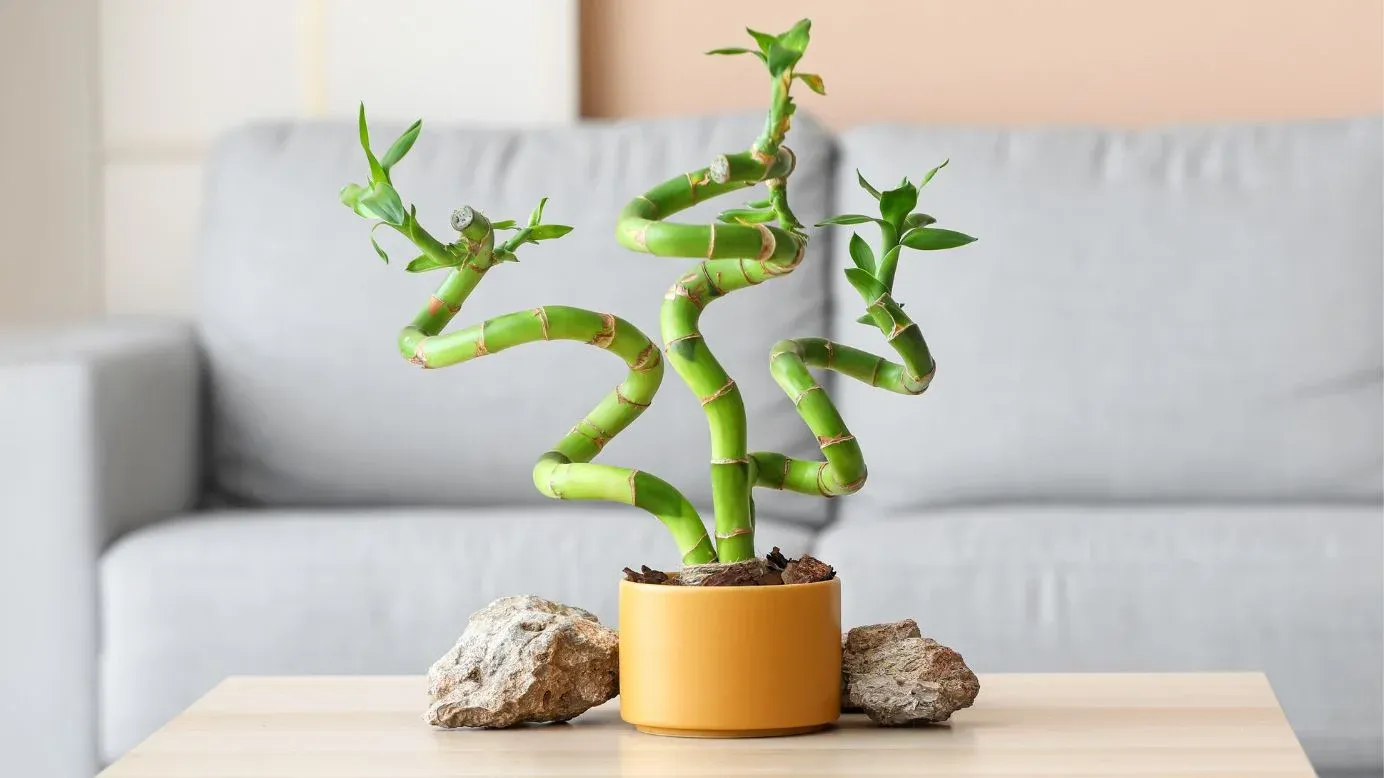
17. Carnation (Dianthus caryophyllus)
Carnations come in various colors and are often associated with love and admiration. You can use carnations in your Diwali floral arrangements or as part of table centerpieces to add charm and elegance to your decor.
18. Spider Plant (Chlorophytum comosum)
Spider plants are known for their air-purifying properties and unique foliage. They are believed to bring good luck and positive energy. Placing spider plants in decorative pots or hanging them near windows can contribute to a fresh and vibrant atmosphere.
19. Amaranthus (Amaranthus spp.)
Amaranthus, also known as "Love Lies Bleeding," has vibrant red and pink tassel-like blooms. It is associated with eternal love and immortality. You can use Amaranthus to create stunning and unique floral arrangements for Diwali.
20. Poinsettia (Euphorbia pulcherrima)
Poinsettias are often associated with Christmas, but their vibrant red and green foliage can also add a festive touch to your Diwali decor. They symbolize good cheer and success, making them a fitting choice for the festival of lights.
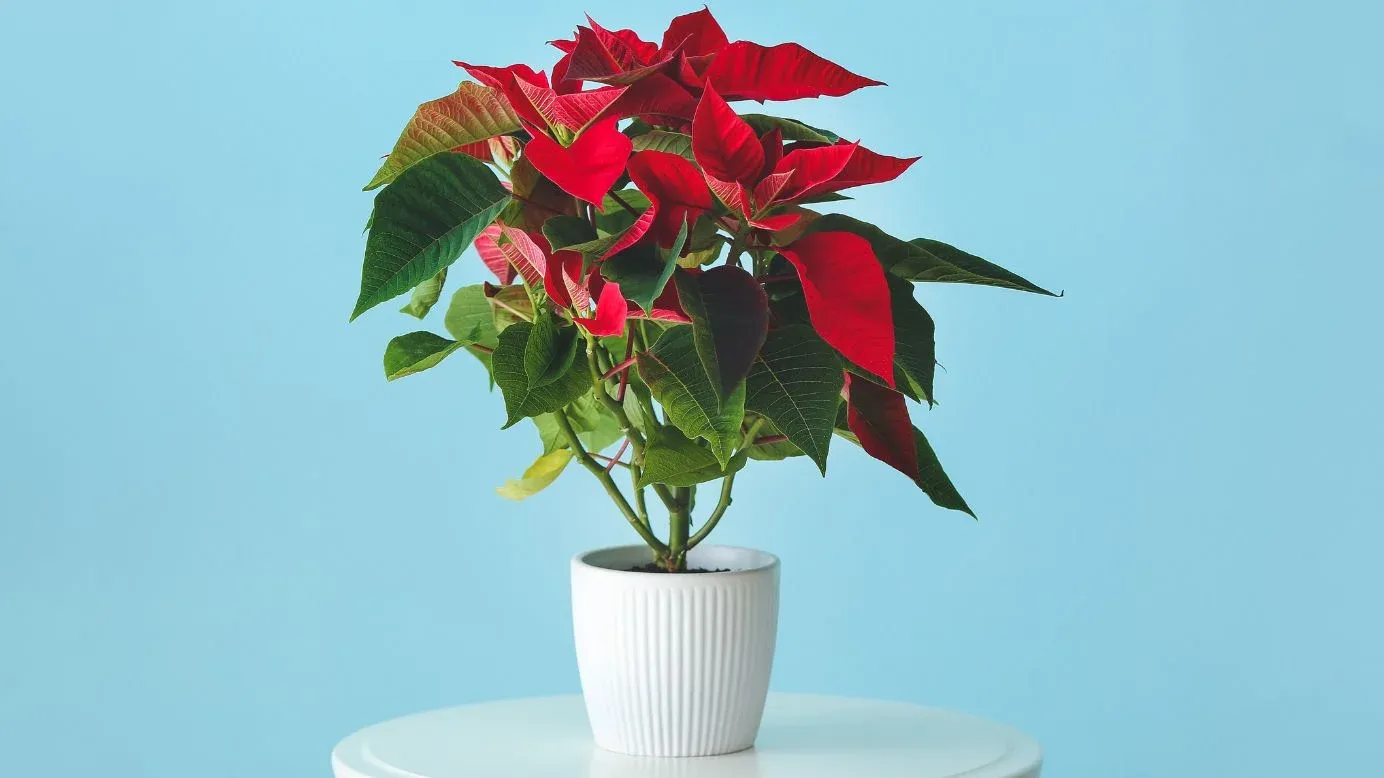
Conclusion
As we prepare to celebrate Diwali in 2024, let these beautiful and symbolic plants be your companions in creating a truly memorable and spiritually enriching experience. Each gift carries its own unique charm and significance, adding depth to your Diwali decor and filling your home with positive energy.
From the vibrant marigolds and fragrant jasmine to the sacred tulsi and air-purifying aloe vera, these plants bring both aesthetic appeal and cultural relevance to your celebrations.
Whether you choose to decorate with traditional favorites or opt for more unique additions like lavender and Rangoon creeper, remember that the essence of Diwali lies in the joy, love, and positivity we share with our loved ones.
As you embrace the festival of lights, may these Diwali plants illuminate not just your home but also your heart, reminding you of the rich traditions and values that make this occasion so special.
May the blessings of prosperity, good health, and happiness be with you and your family throughout the year.
Wishing you a radiant and eco-friendly Diwali filled with the brilliance of nature's gifts and the warmth of cherished moments.
Happy Diwali!

